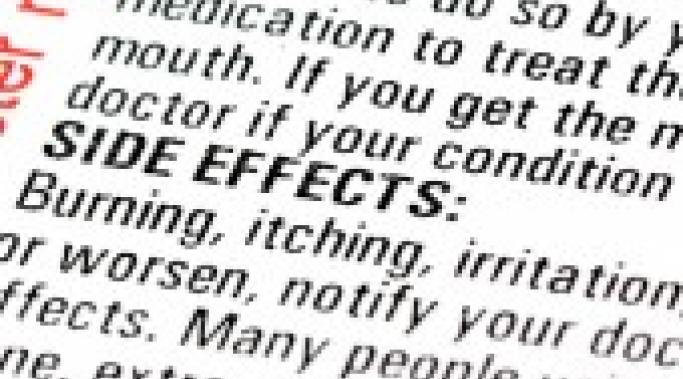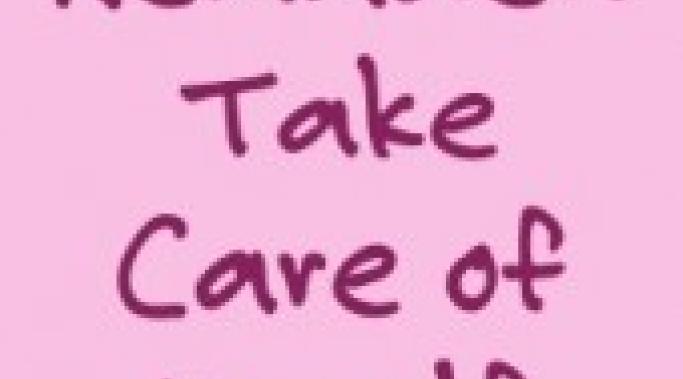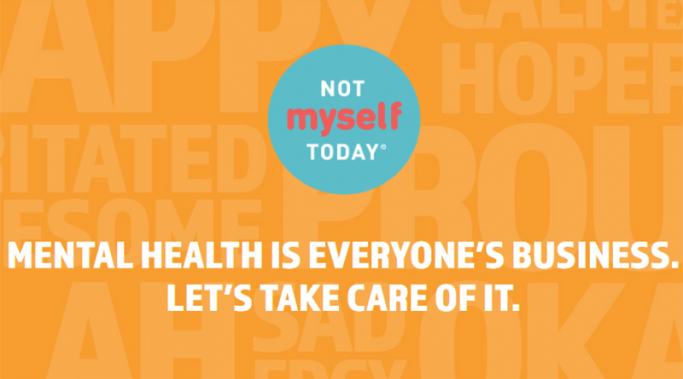Its 6:59 on Thursday morning. I've been drinking coffee and procrastinating online for an hour; the radio is always on and I don't usually hear it. I just like background noise. That's the hyperactive part of me. More than one thing always needs to be happening. It's pretty irritating.
Lifestyle Changes
Mental Illness and relapse go hand in hand. Sort of like addiction and relapse. The statistics for both are rather dire: relapse, at some point in our recovery, often occurs. Having said that, there are some damn lucky folks who become stabilized and never become unstable again. I hope they recognize how lucky--how blessed--they are.
But in this post we are not talking about those who live a life of sustained recovery. We are focusing on those of us who falter from time to time--falter and pick ourselves back up. The majority of us.
My last blog focused on the importance of not diagnosing your mental health symptoms yourself! This blog will focus on not treating symptoms of relapse without consulting with your mental health care team first. Yes, I know, this post might seem a little boring but it's important so please keep reading--note: you can leave me a comment stating you fell asleep around 300 words. I will refrain from being offended.
So is recovering from a physical injury. But in a different way. You know this and I know this. A broken leg--I've had one--left me in bed and hopping with one foot to the fridge. I was terribly bored. If I could have moved, I would have drawn pictures on the walls. Probably with a black sharpie. I was angry! My point? Recovering from mental illness can be boring---certainly when our lives used to be painted in manic colors--nice and neon but scary too. Sometimes, downright terrifying.
Earlier this week, I wrote a blog on the topic of self-care when you live with a mental illness. Within that blog I focused on the importance of exercise, nourishing our bodies properly and having a regular sleep pattern. This blog will focus less on what we need to do to stay well but what we might consider avoiding--external and internal negative influences-- in order to recover from mental illness effectively.
When you are first diagnosed with a mental illness you are told--probably within the same five minutes--that self-care is crucial when working to become stabilized.
What is Self-Care and Why is It Important?
I'm pretty sure I have never written on this topic before. In nearly one-and-a-half years, I have never written exclusively about mental illness and anger. That sort of makes me a bit angry at myself. Just a touch! I think, and perhaps you agree, that the journey we make from the diagnosis of mental illness to recovery is full of anger.
If you live with a mental illness, you have probably found yourself wondering if you should talk to your potential or current employer about your illness. It's hard. We all want to be viewed-- especially within our chosen occupations--as competent and talented. We do not want to be labelled, or defined as living with a mental illness. We don't want to be only "a person with a mental illness."
I ask myself, "How much time alone is too much time alone?" on a regular basis. When it is 6 p.m. and I have been writing all day and have not left my house for more than thirty minutes to walk my dog. Or when it is 4 p.m. and I am exhausted because the sun has slipped away again and I'm getting sort of sad. Spending time alone, being able to be alone, is healthy. But when you live with a mental illness, spending too much time alone, well, take it from me--it gets pretty lonely.
I remember being a little girl--my hair was curly and my mother put pink ribbons in it. Apparently, I was pretty cute, but I'm certain it's a mothers blessing to honestly believe they have the best looking little ones. That aside, I remember a life in which I was not afraid of the future. I was excited! I had lots and lots of plans, some of them secret and some of them I told everyone I could.
When I grew up I wanted to be a doctor and an actress and as pretty as the babysitter who occasionally took care of my siblings and I. I was not afraid of the future; I was still young and pure as only children are. I had not yet been diagnosed with a chronic mental illness.









